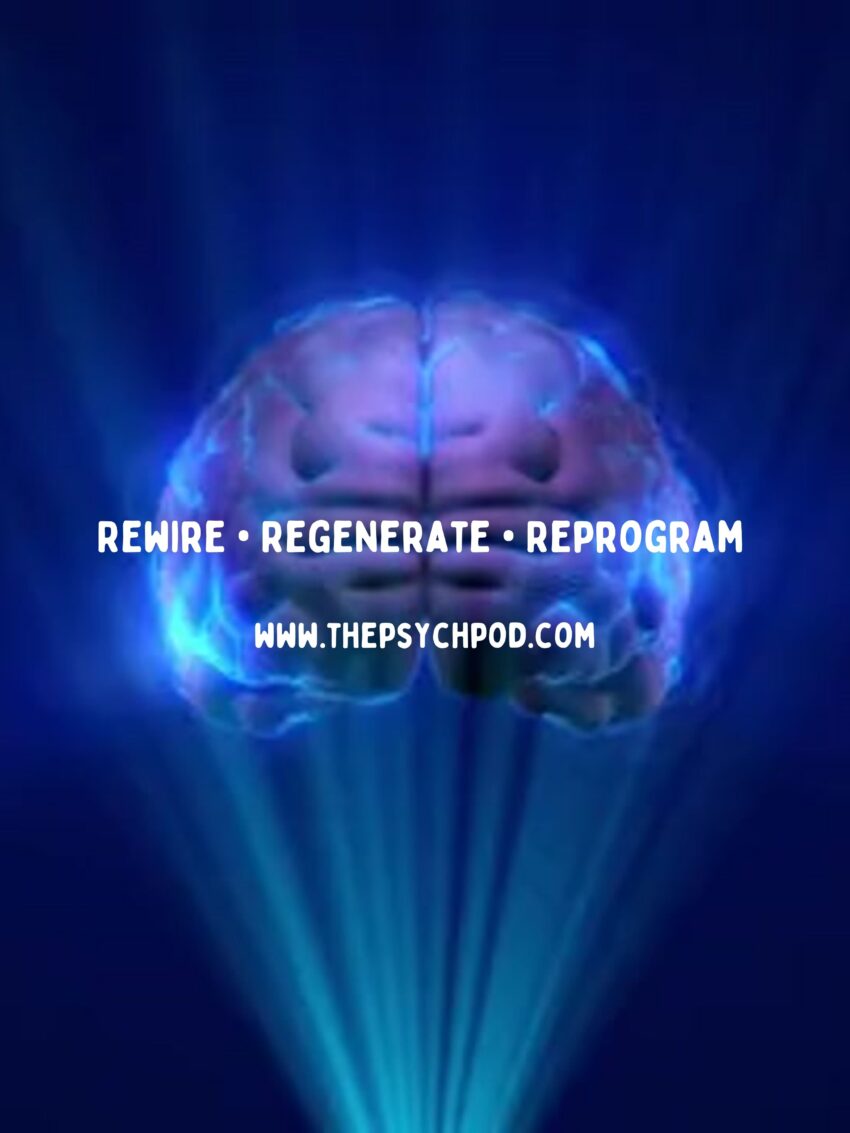Rewiring, regenerating, and reprogramming the brain are concepts central to neuroscience and neuroplasticity, focusing on the brain’s ability to adapt and change. Here’s an overview of each:
Rewiring the Brain
Rewiring the brain refers to the process of neuroplasticity, where the brain forms new neural connections throughout life. This can occur due to learning, experience, or recovery from injury.
Neuroplasticity: The brain’s ability to reorganize itself by forming new neural connections. It allows for adaptation to new experiences, learning new information, and recovery from brain injuries.
Techniques: Cognitive training, physical exercise, meditation, and engaging in new and challenging activities can promote neuroplasticity.
Applications: Rehabilitation after stroke, learning new skills, and therapy for mental health conditions.
Regenerating the Brain
Brain regeneration involves the repair or regrowth of brain tissue, neurons, or neural connections. This is often related to recovery from damage or degenerative diseases.
Neurogenesis: The process by which new neurons are formed in the brain. This primarily occurs in the hippocampus, a region associated with memory and learning.
Stem Cell Therapy: Research into using stem cells to regenerate brain tissue is ongoing, with potential applications in treating conditions like Parkinson’s disease, Alzheimer’s, and traumatic brain injuries.
Diet and Lifestyle: Certain nutrients and lifestyle choices, such as a diet rich in omega-3 fatty acids, regular physical activity, and mental stimulation, can support brain health and regeneration.
Reprogramming the Brain
Reprogramming the brain refers to changing the function or identity of existing brain cells, often using advanced techniques to alter cell behavior or gene expression.
Cell Reprogramming: Techniques such as induced pluripotent stem cells (iPSCs) can reprogram adult cells to become different types of neurons, potentially aiding in brain repair.
Gene Editing: CRISPR and other gene-editing technologies hold promise for correcting genetic disorders that affect the brain.
Behavioral and Cognitive Interventions: Therapy, mindfulness, and other interventions can reprogram thought patterns and behaviors, effectively altering how the brain processes information and reacts to stimuli.
Integrative Approaches
These concepts are often interrelated and can be combined for comprehensive brain health strategies. For example, cognitive behavioral therapy (CBT) rewires thought patterns, which can lead to brain regeneration and reprogramming over time.
Current Research and Future Directions
Neuroscientific Advances: Ongoing research aims to better understand the mechanisms behind neuroplasticity, neurogenesis, and reprogramming to develop more effective treatments for neurological conditions.
Technological Innovations: Advances in imaging and bioengineering are paving the way for new therapies and interventions that could revolutionize brain health.
Overall, the brain’s ability to rewire, regenerate, and reprogram itself offers significant potential for improving cognitive function, recovering from injuries, and treating neurological disorders.
Dr. Velmi, Psy.D.
